Zimbabwe: Afrifresh to acquire Ariston Holdings stake
- Business Digest
- 23 February 2012
Afrifresh Group, a South African agriculture group, is set to acquire a controlling stake in Ariston Holdings, as Emvest pulls out.
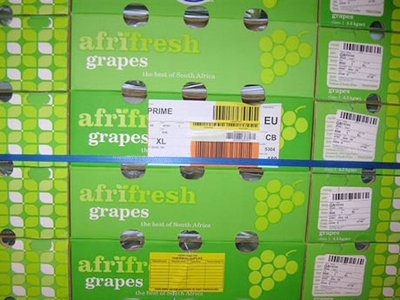
Afrifresh Group, a South African agriculture group, is set to acquire a controlling stake in Ariston Holdings, as Emvest pulls out.
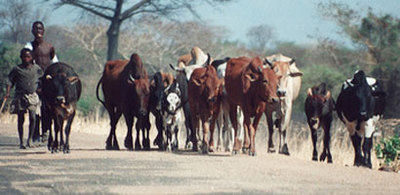
As more and more fertile lands and rivers are in the hands of few investors, some villagers in southern Africa have started experiencing food shortages, a situation which was not there before.

Farmers will provide part of their land to Hubei Province of China, which, in return, will fund their operations up to harvesting before buying the produce.

If a similar case arises when land invasions happened during the time that a bilateral investment agreement has been signed, then the outcome in South Africa might be quite different, says South African lawyer
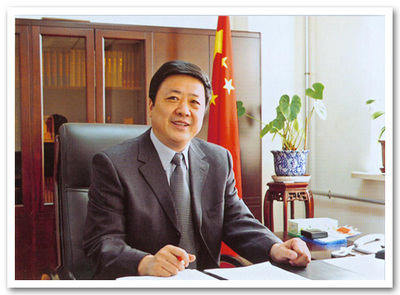
China’s largest agricultural company plans to acquire 200,000 hectares of land in Argentina, Brazil, Venezuela, Australia, the Philippines, Zimbabwe and Russia in 2011.
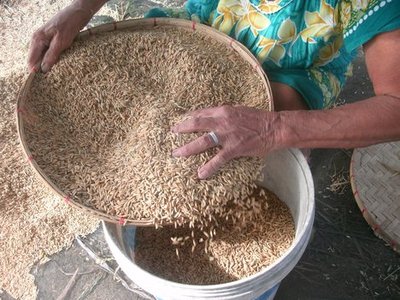
O principal grupo agrícola da China, Heilongjiang Beidahuang Nongken Group, anunciou que adquirirá ou arrendará 200 mil hectares de cultivo em países latino-americanos como o Brasil, assim como em Rússia, Filipinas, Austrália e Zimbábue, informou o jornal oficial "China Daily".

El principal grupo agrícola de China, Heilongjiang Beidahuang Nongken Group, anunció hoy que adquirirá o arrendará 200.000 hectáreas de cultivo en países latinoamericanos como Brasil, Argentina y Venezuela, así como en Rusia, Filipinas, Australia y Zimbabue, informó el diario oficial "China Daily".

Amid much talk about the need for "codes of conduct" to help regulate this new phenomenon, I found myself wondering whether Cecil Rhodes would have signed such a code. He probably would, and have then gone on to completely disregard it.
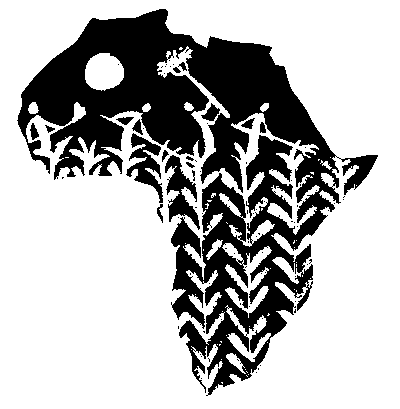
At a recent conference in Cairo, South Africa and Zimbabwe were the only African nations not considered safe havens for foreign farmland investment because of uncertainty about land-reform programmes and unfriendly labour environments.
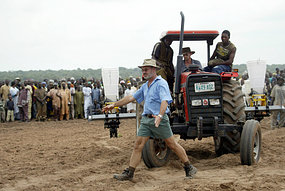
Farmers from South Korea, Kuwait and the United States have also arrived in Kwara state, some 400 km northwest of Lagos, which is keen to attract more investors and help Nigeria end its import reliance.
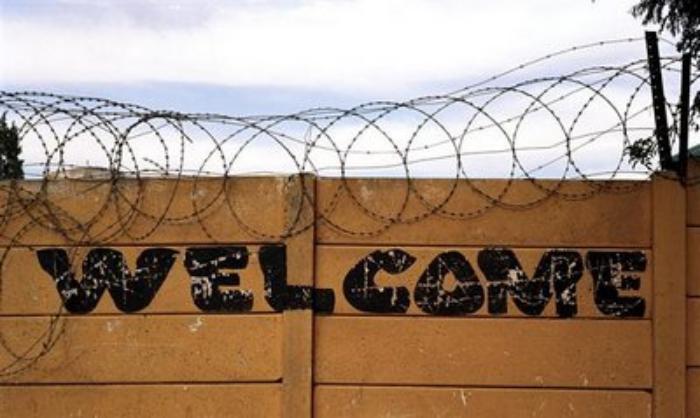
While Agri SA has been leading a push for South African farmers to invest and farm in a number of other countries across Africa, including the Republic of Congo, Libya and Zambia, the union has urged its members to stay away from countries where South Africa has no investment protection agreements.

Zimbabwe Investments Authority acting chief executive Mrs Elina Karwi said the most basic requirement towards facilitating agriculture-related FDI was making land for agriculture available.